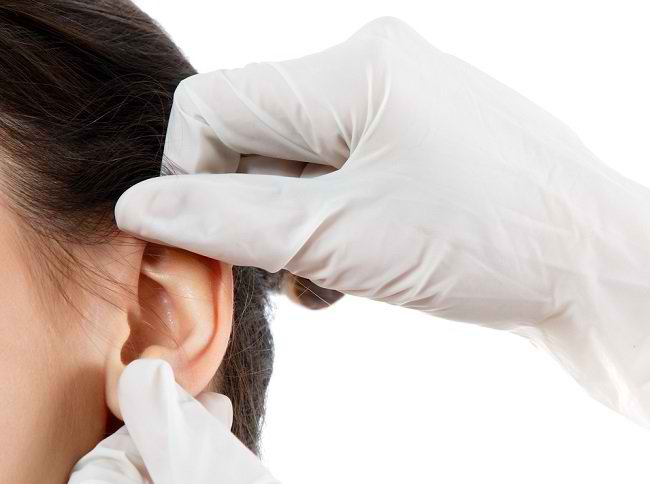Auditory hallucinations is when you hear the sound, for examplepeople's voice, the sound of footsteps or a knock on the door, Howeverother people don't hear it, because actually the sound is not real. The hallmark of auditory hallucinations is hearing voices that other people don't hear.
Hallucinations can occur in any of the five senses. But compared to other types of hallucinations, auditory hallucinations are more common. Auditory hallucinations can be experienced by anyone.

The causes of auditory hallucinations include:
- Having Mental Disorder
Auditory hallucinations are very common in people with schizophrenia. However, it can also occur in people with other mental disorders such as bipolar disorder, borderline personality disorder(borderline personality disorder), major depression, and posttraumatic stress disorder (PTSD).
- Hearing disorders
People who have hearing loss in one or both ears may experience auditory hallucinations in the form of strange sounds or music. Those who complain of ringing in the ears or tinnitus are also at risk for auditory hallucinations.
- Sleep Disorder
Lack of sleep can make a person prone to hallucinations. Especially if you don't get enough sleep for days or for a long period of time. In addition, people who experience sleep disorders in the form of narcolepsy may experience hallucinations at bedtime or when they wake up.
- Consumption of Alcohol and Drugs
Consumption of alcohol and drugs such as ecstasy, LSD, and cocaine will generally cause visual hallucinations, but it is also possible for a person to hear voices that are not actually there.
- Migraine
Often when a person has a migraine, the feeling of seeing or hearing sounds that are not really there may occur. Moreover, if the person is also depressed. Symptoms of the appearance of hallucinations before a migraine is called an aura.
- Alzheimer's, Ddementia and Parkinson's
People with Alzheimer's, dementia and Parkinson's disease often experience auditory hallucinations. Some sufferers of this disease feel that the sound that is heard seems so real that they often respond to the sound.
- Epilepsy
In addition to having seizures, people with epilepsy can also experience auditory hallucinations. Epileptic patients will usually hear strange sounds, noises, loud noises, and some people will hear more complex sounds. These hallucinations can occur due to problems in certain parts of the brain.
For those of you who are on a new medication or receiving a drug with a higher dose than usual, auditory hallucinations may occur. This condition and people who take multiple medications.
Other conditions that can also cause hallucinations are in addition, high fever, especially in children and the elderly, or several types of diseases that have entered an advanced stage such as AIDS, brain cancer and kidney and liver failure.
How to Overcome Auditory Hallucinations
Treatment of hallucinations needs to be tailored to the cause. Because it is important to get an examination from a doctor to find the cause of hallucinations before starting treatment.
Auditory hallucinations need to be treated immediately if they occur frequently, cause disturbances in daily activities or relationships with people around them. To overcome auditory hallucinations can be given drugs such as antipsychotics and psychotherapy. A mental health professional or psychiatrist can evaluate this condition further and determine the appropriate treatment steps for you.









